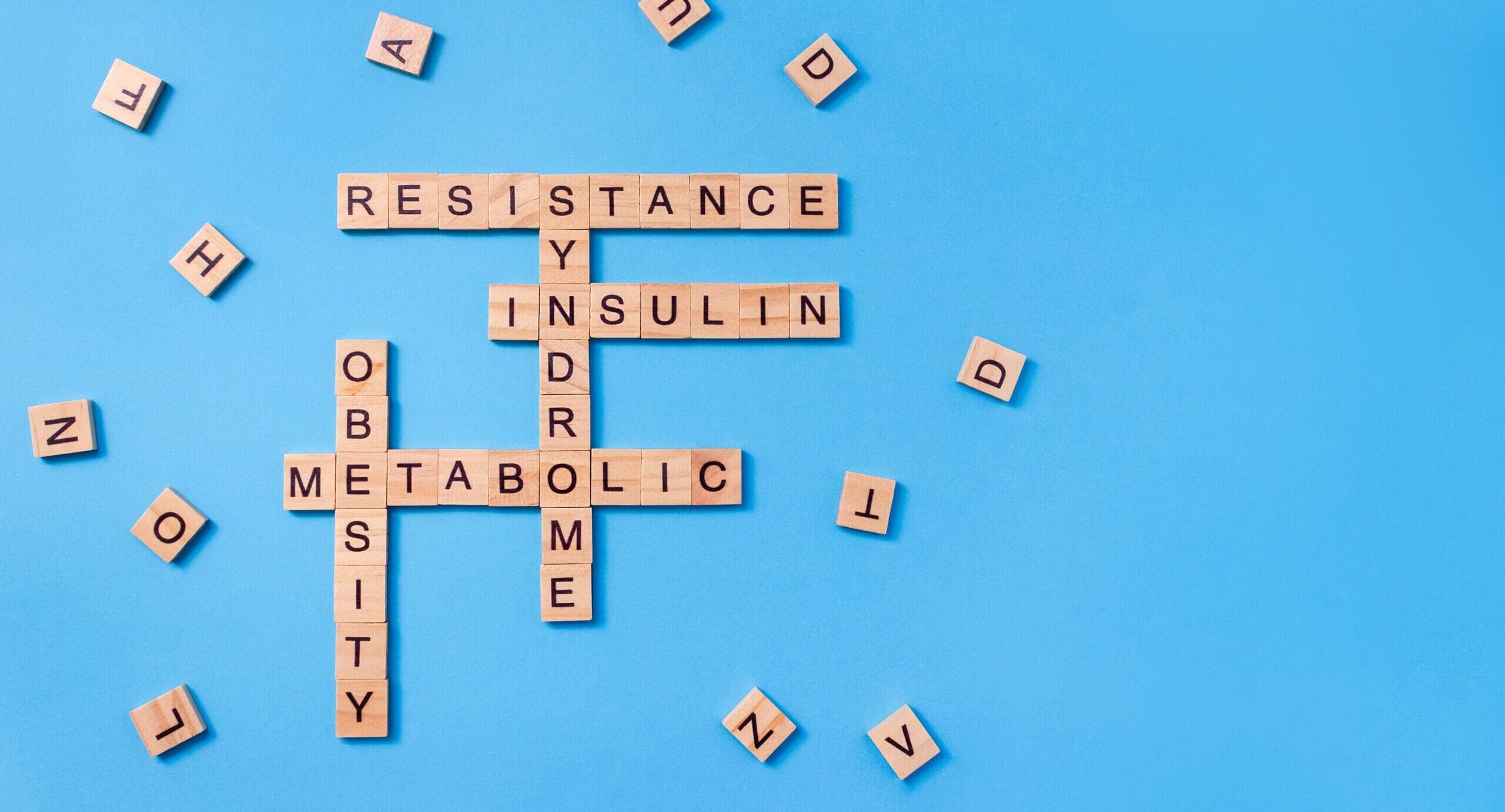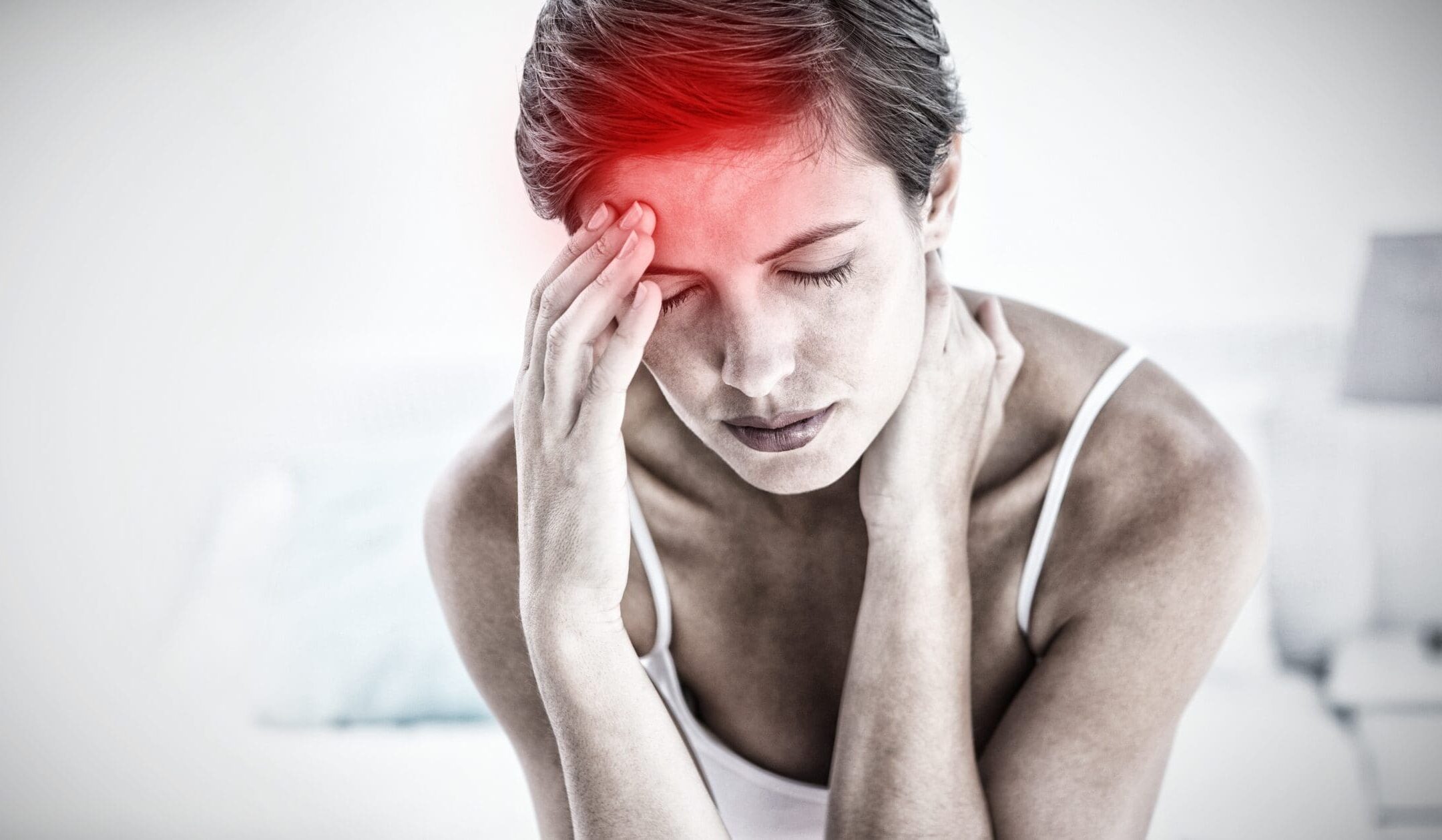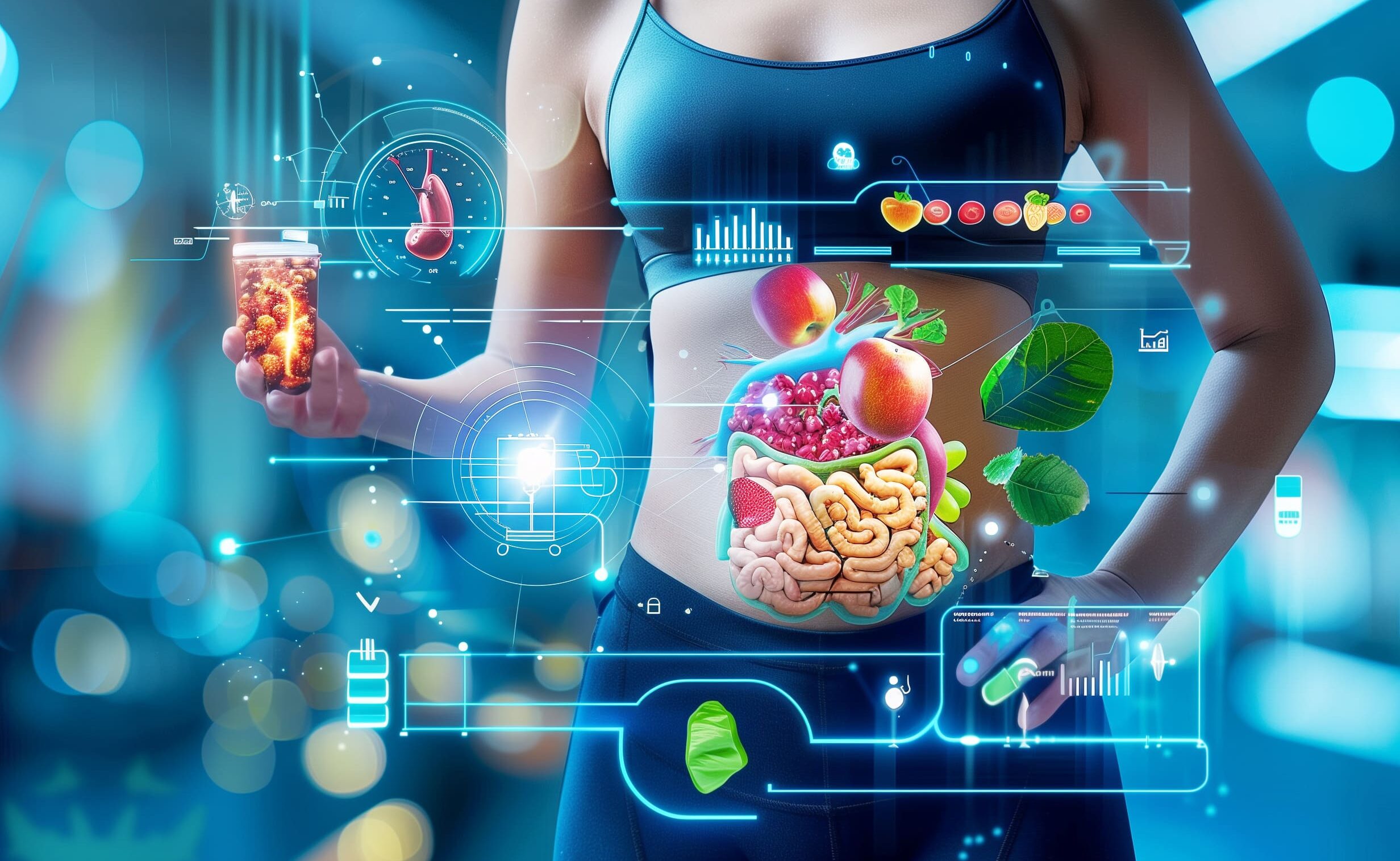There are ways to minimise your risk of suffering a hangover after a night of drinking
By Margaret Jasinska, Naturopath
Drinking large amounts of alcohol is bad for you and we don’t encourage you to do it. However, there are some ways to minimise the harmful effects of alcohol on your body. This can help you to feel better after drinking, and also help to protect your liver, brain and virtually every part of your body that is affected by alcohol.
One reason that people drink too much once they get started is that alcohol can cause unstable blood sugar levels. Your liver uses some of the glucose stored within it to metabolize alcohol, and that can leave you with hypoglycaemia, particularly if you haven’t eaten much protein or healthy fats that day. Hypoglycemia makes you feel bad, and then drinking more alcohol will make you feel better. (For a little while).
Speaking of healthy fats, some studies have shown that saturated fat can help to protect the liver against harm caused by alcohol. This is the kind of fat you’ve probably been told to avoid. The truth is that saturated fat is necessary for good health and you need some of it in your diet. Saturated fat is a very stable kind of fat; it doesn’t become oxidised easily or cause free radical damage in the body. Healthy types of saturated fat to eat include coconut oil, cacao butter, grass fed butter and the fat on grass fed meat.
Therefore, if you plan to drink one evening, make sure you eat a meal containing protein, vegetables and healthy fats for lunch and dinner that day. It will minimise the harmful effects of alcohol and may prevent you from drinking as much as usual.
When your liver breaks down alcohol, it makes a chemical called acetaldehyde. This is actually far more damaging than alcohol. It can cause liver damage, and may damage other proteins in your body, ageing you more quickly. Your liver’s main detoxifying agent is called glutathione. The more of this antioxidant your liver is able to produce, the less opportunity acetaldehyde will have to cause tissue damage in your body. Glutathione is actually used to detoxify a range of chemicals that enter your body, and it has a strong anti-inflammatory action, which is particularly helpful for individuals with autoimmune disease.
There are specific nutrients your liver requires in order to manufacture glutathione, and these include selenium, glutamine, vitamin C and n-acetyl cysteine (NAC). Try to ensure you get plenty of these in your diet.
I’m sure you already know that alcohol is dehydrating, and the fatigue, headache and dry mouth you may experience the morning after drinking are largely due to dehydration. Try to remember to alternate alcoholic drinks with glasses of water, and try to be conscious of drinking plenty of water from early in the morning, so you don’t start off the night already dehydrated.
The next day, try to get straight back to your regular healthy diet. Many people crave high sugar and high salt foods after a night of drinking and this is a common symptom of adrenal gland exhaustion. Drinking alcohol is very stressful to your body and it depletes your body of several vitamins and minerals; particularly B vitamins, vitamin C and magnesium. Try to eat lots of fresh vegetables the next day, along with high quality protein and fat.
As I said, drinking too much alcohol is not good for you, but if you’re going to do it every now and then, there are smarter ways to go about it.
Here is an interesting study done on rats that showed that saturated fat from medium chain triglyceride oil (found in coconut oil) and beef tallow reduced alcohol induced liver damage when substituted for corn oil. The researchers replaced 20 percent, 45 percent, or two-thirds of the corn oil with saturated fat and found that the more saturated fat they used, the greater the protective effect.









Leave A Comment